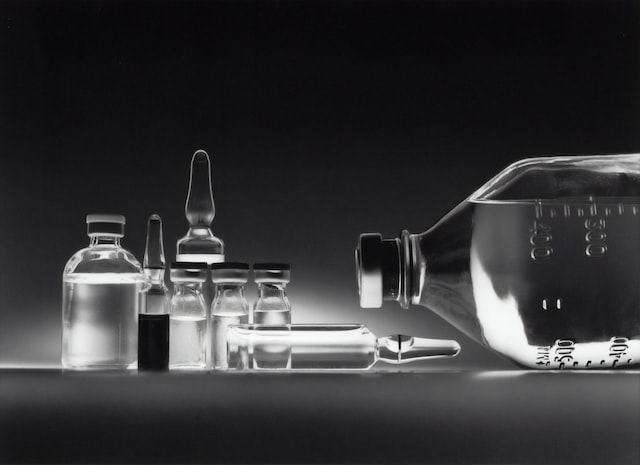AI-enabled Devices Will Be the Future Of Cancer Treatment

Researchers have developed various Ai systems in recent years that can diagnose cancer from photos with greater speed, accuracy, and even more information. This has sparked a lot of interest in the sector.
Novocure, a global oncology business, announced earlier this week the completion of a successful trial using tumor-treating electric fields in the treatment of lung cancer. Lung cancer is a highly aggressive tumor that affects millions of people worldwide. Delivering cutting-edge lung tumor treatments can make a big impact in patients’ quality of life and prognosis.
The long-term purpose of the software system to support lung cancer diagnosis is to aid in the early detection of cancer in order to improve patient life expectancy and to put the system into practice.
Lung cancer screening and diagnosis in hospitals and clinics across the country.
The AI program evaluated hundreds of black-and-white images from an MRI scan of a man with prostate cancer to model the data. It raises expectations that AI can assist less experienced radiologists in detecting prostate cancer as soon as it occurs and eliminating anything that could be confused for malignancy.
Fujifilm, Pentax Medical, and Olympus have all integrated AI technology into the operational mode of endoscopy devices. Other businesses use AI as a stand-alone system in various endoscopes.
The usage of AI-applied machine systems has been recognized by organizations all over the world, including the FDA in the United States and medical organizations in Europe and Japan. All colonoscopy systems use the same method to detect lesions and classify them as benign or malignant.
However, the application cost of AI-powered machine systems is relatively high. So the question is whether or not employing artificial intelligence and enhancing the detection rate of lesions would assist save money and adjust the cost of screening for patients.
The US researchers conducted a survey of patients aged 60 and above to get better insights into the concerns. According to the findings, the use of artificial intelligence helps to reduce an average of 7,194 cancer cases, 2,089 deaths, and save $290 million every year.

 Tech Steel & Materials
Tech Steel & Materials